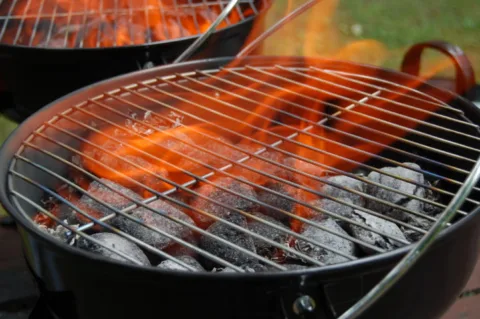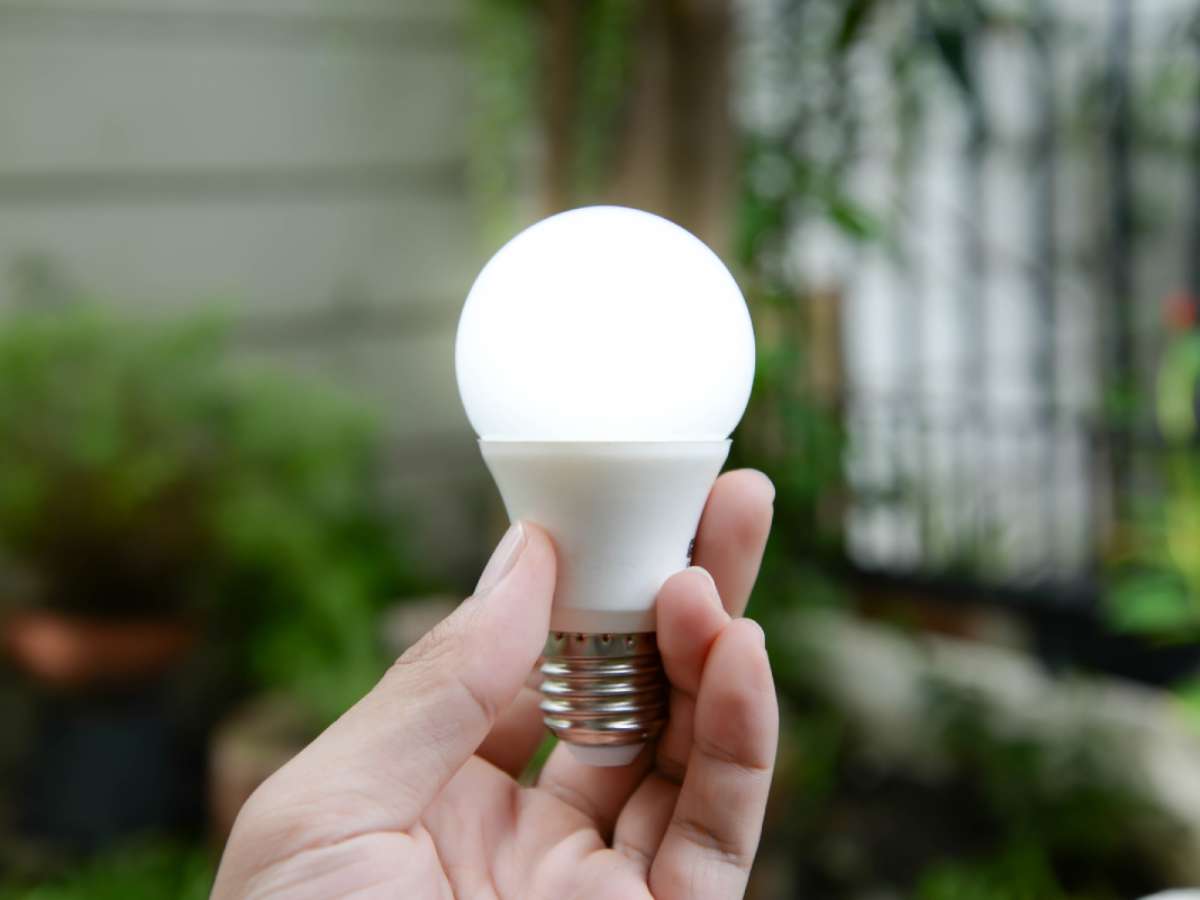Mmm, can you smell the aroma? Can you hear that sizzle?
It’s May and that means everyone is getting those barbecue grills fired up. In fact, May is actually and officially deemed National Barbecue Month.
We’ve recently talked about the near unbelievable and certainly astronomical adverse effects that your typical gas-powered lawn mower has on the environment, but do our beloved barbecue grills do the same?
What’s The Best Grill?
Ask any barbecue grilling aficionado or award winner what the best type of grill is and, after a look of apparent offense, they’ll tell you that a charcoal grill is the best — hands down.
Personally, I feel the same. I love standing over my bed of red hot coals tending to some tasty salmon, juicy steak, or hand-pressed burgers… with fresh veggies simmering off to the side, of course.
Sorry, I digress.
Due to my personal preference, I admit it is hard to remain unbiased.
But what are the facts about the environmental impacts of the 4 main types of barbecue grills — gas grills (natural gas or propane), electric grills, charcoal grills, or a wood fire?
Environmental Impact Of Barbecue Grills
The following barbecue grilling facts are from an article on Grist.org and one on TheGreenGuide.com:
- “Gas powered grills are the most efficient and natural gas is the cleanest, most energy-efficient way to barbecue. However, since both are also petroleum products, they are nonrenewable resources that exact a high toll on the environment.”
- “Charcoal and wood are the worst polluters, and unless they come from well managed forests, their production contributes to deforestation. However, they have a clear advantage when it comes to flavor.”
- “If you use charcoal, do not buy conventional charcoal briquettes, which may contain a number of unhealthy ingredients like coal dust, sodium nitrate and borax.”
- “There’s also no need to use petroleum lighter fluids, which can leave an unhealthy residue on your food and are just not necessary.” Use a charcoal chimney to start the coals instead.
- “The Rainforest Alliance Smartwood program has certified Char-Broil products, including their mesquite and hickory wood chips.”
I’ve only heard of one credible natural charcoal product. TreeHugger.com posted about it last month, and it is called Cowboy Charcoal. Guess what? Their sales office is located here in Middle Tennessee, down in Brentwood for all you local readers.
UPDATE: Cowboy Charcoal can be purchased in 8.8 pound bags at Lowe’s Home Improvement or in 20 pound bags at Ace Hardware.




